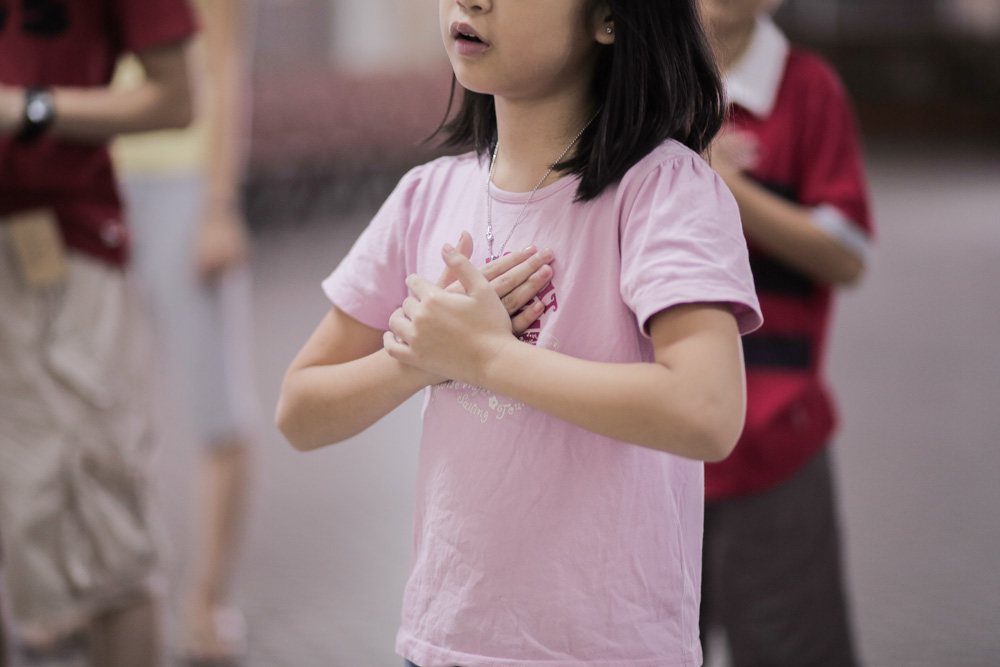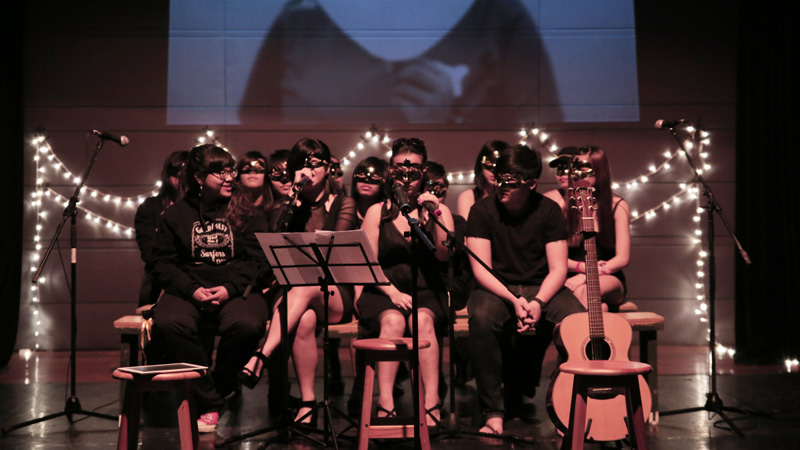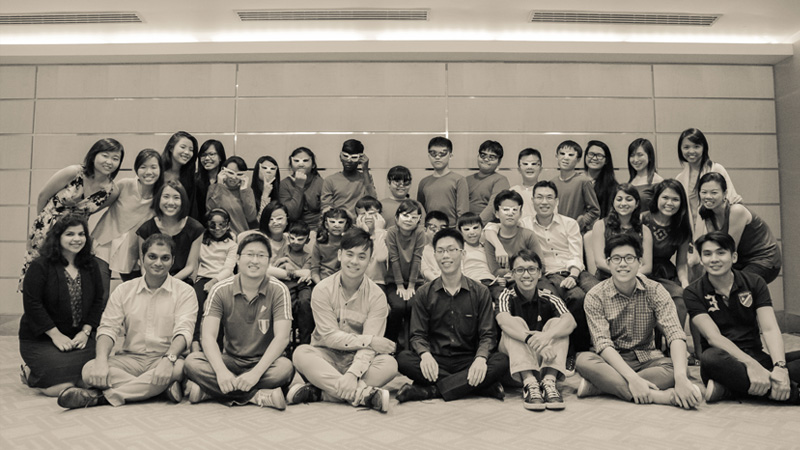
OUR VISION
We harness the power of songwriting and creative arts to support mental health and emotional wellbeing across diverse communities.
WHAT WE DO
Through reflective and collaborative experiences, we create safe spaces where individuals can explore their emotions, develop self-awareness, and foster deeper connections with others. Our work bridges creativity and healing, guiding participants toward greater resilience, joy, and personal growth.
WHAT WE BELIEVE
By sharing their stories with others, we believe anyone can be empowered to give instead of being victimised by their circumstances. The idea is to move from needing hope to becoming a hope giver.
Addressing the challenges faced by at-risk youths

Nurturing a healthy
support environment
We provide a positive and hopeful environment that does not judge. Instead, we open up the space for healthy exploration, so that the youths can create and express without the fear of failure.

Regaining a strong
sense of self-esteem
Youths are given a platform to let their songs be heard by the public. In doing this, they are able to reach out and inspire others, contributing in ways that bring out their talents and strengths.

Encouraging reflective
communication skills
Our workshops include sessions that draw out personal stories from the youths. We practice trust and respect, so that they can express their thoughts in a deep and vulnerable manner.

Learning through a
hands on approach
Recording in a professional studio, vocal training lessons and producing an album are just some of the ways the youths can learn on an experiential level. Crafting music then becomes an exciting and worthwhile process.
The at-risk communities we’ve worked with

Residence @ St. George’s (RSG)
RSG is home to girls who are mandated by the courts as part of the Probation Order or are referred by voluntary welfare agencies/parents for voluntary admission. The offenders are considered for hostel residency due to reasons like “weak family support, inadequate family supervision, strained family relations, and need for segregation from negative peers”.

Prison Fellowship Singapore Care Club
The children of prisoners are often isolated from others because of the shame of their parent’s experience. Due to poverty, they find themselves deprived of many things. The lack of attention in caregiving is also common because their sole caregiver is often too pre-occupied with their own problems.
